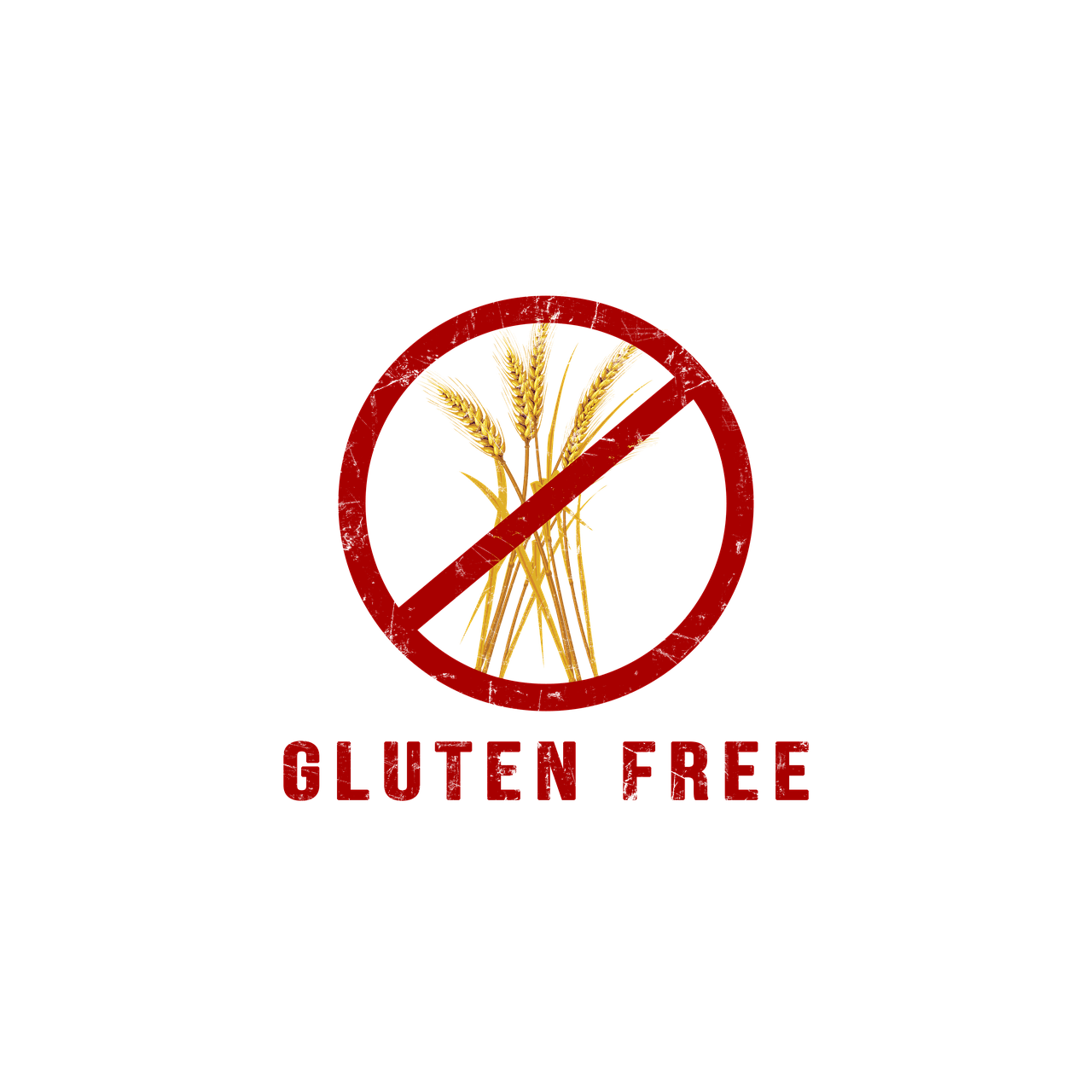You’re always on the lookout for ways to support your health and well-being, and supplements can be a great addition to your routine. But with allergies to gluten, dairy, or soy becoming increasingly common, it’s important to know if a supplement is safe for you to take. Thankfully, there are some simple methods to identify if a supplement is allergen-free. By carefully reading labels, checking for third-party certifications, and consulting with healthcare professionals, you can feel confident in choosing a supplement that meets your specific dietary needs without compromising your health. Let’s explore how to navigate the world of supplements and keep your allergies at bay.

Labeling
When it comes to determining whether a supplement is allergen-free, one of the first steps you can take is to carefully read the label. The label can provide valuable information about the product’s ingredients and allergen status. Look for bold statements or claims on the label that state the supplement is allergen-free or free from specific allergens such as gluten, dairy, or soy.
Certifications
To ensure the allergen-free status of a supplement, it is also important to look for third-party certifications. Third-party certifications offer an added level of confidence that the product has undergone rigorous testing and meets certain standards. These certifications are often displayed on the product label, packaging, or website. Look for certifications from reputable organizations that specialize in allergen testing and certification.
Additionally, some certifications focus specifically on certifying allergen-free products. These certifications guarantee that the supplement is free from specific allergens such as gluten, dairy, soy, nuts, or other commonly allergenic ingredients. Keep an eye out for these certifications as they can provide additional assurance for individuals with specific allergies.

Research the brand
Before purchasing a supplement, it is a good idea to research the brand. Take a look at their reputation in the industry and any information available on their website. Brands with a long-standing positive reputation are more likely to prioritize the quality and safety of their products.
Customer reviews can also offer valuable insights into a brand’s products. Look for feedback from other customers who may have similar allergies or dietary restrictions to yours. Positive reviews from individuals who have had success with the brand’s allergen-free products can be a good indication of the supplement’s reliability.
Another aspect to consider when researching the brand is their commitment to transparency. Brands that openly share information about their sourcing and manufacturing practices are more likely to prioritize the safety and quality of their supplements. Look for brands that provide detailed information about their allergen-free practices and any testing they may conduct.
Contact the manufacturer
If you still have questions or concerns about a supplement’s allergen-free status, one of the best steps you can take is to contact the manufacturer directly. Reach out to the manufacturer and ask about their allergen-free practices. Inquire about their manufacturing processes and whether they have any specific protocols in place to prevent cross-contamination from allergens.
Additionally, you can request allergen testing results from the manufacturer. In some cases, manufacturers may conduct regular testing to ensure that their supplements are free from allergens. Asking for these test results can provide further reassurance regarding the safety and allergen-free status of the supplement.

Check for cross-contamination
Even if a supplement is advertised as allergen-free, it is important to consider the potential for cross-contamination. Some facilities may process or package multiple products, including those that contain allergens. This can increase the risk of cross-contamination and make a supposedly allergen-free supplement unsafe for individuals with allergies.
When researching a supplement, look for information about their manufacturing processes. Brands that have dedicated facilities or take extra precautions to prevent cross-contamination are more likely to produce truly allergen-free supplements. It is worth contacting the manufacturer to inquire about their facility precautions and protocols to ensure that the supplement is safe for your specific allergies.
Consult healthcare professionals
If you have specific allergies or dietary restrictions, it is always a good idea to consult healthcare professionals before starting a new supplement. They can provide personalized guidance and recommendations based on your individual needs.
Ask your healthcare professional for recommendations on allergen-free supplements. They may be familiar with brands or certifications that are trustworthy and suitable for your specific allergies. Additionally, they can help you navigate any potential concerns or interactions related to your allergies and the supplements you are considering.
Consider alternative formulations
If you have allergies to common ingredients found in many supplements, consider exploring alternative formulations. While the supplement you are interested in may not be allergen-free, there may be alternative forms available that suit your needs.
For example, if you have a gluten allergy, you can look for gluten-free versions of the supplement or opt for alternative forms such as liquid, capsules, or powders that do not contain gluten. Similarly, if you are allergic to dairy or lactose, there are often dairy-free or lactose-free options available. Exploring different formulations can help you find a suitable alternative that meets your dietary needs.
Avoid common allergen ingredients
To ensure that a supplement is truly allergen-free, it is important to avoid common allergenic ingredients. Some ingredients commonly found in supplements can trigger allergic reactions in certain individuals. By familiarizing yourself with these ingredients, you can make informed choices when selecting supplements.
Gluten-containing ingredients like wheat, barley, or rye, can be problematic for individuals with gluten sensitivities or celiac disease. Dairy and lactose are common allergens for individuals with lactose intolerance or dairy allergies. Soy-based components are another potential allergen to watch out for.
By carefully reading the ingredient list and identifying any potential allergens, you can determine whether a supplement is safe for your specific allergies.
Online allergen-free directories
Another useful resource for identifying allergen-free supplements is online allergen-free directories. These directories compile lists of supplements that have been certified as allergen-free by reputable organizations or meet certain criteria for allergen-free status. Consider using these directories as a reference to find supplements that are safe for your specific allergies.
Consult allergen-free dietary guidelines
When trying to identify allergen-free supplements, it can be helpful to reference reputable dietary guidelines. Organizations like the American Academy of Allergy, Asthma & Immunology or the Food Allergy Research & Education provide information and guidelines for managing specific allergies and dietary restrictions.
By following specialized dietary plans or guidelines, you can ensure that the supplements you choose align with your specific allergen needs. These resources offer valuable information on potential allergens and help you make informed decisions when selecting supplements.
In conclusion, determining whether a supplement is allergen-free requires thorough research and consideration. Start by reading the label and looking for allergen-free claims or certifications. Research the brand’s reputation, customer reviews, and transparency to assess their commitment to allergen-free practices. Contact the manufacturer for more information and request allergen testing results. Consider the potential for cross-contamination and consult healthcare professionals for personalized recommendations. Explore alternative formulations, avoid common allergen ingredients, and utilize online allergen-free directories and reputable dietary guidelines for additional guidance. By following these steps, you can make informed choices and find allergen-free supplements that suit your specific needs.